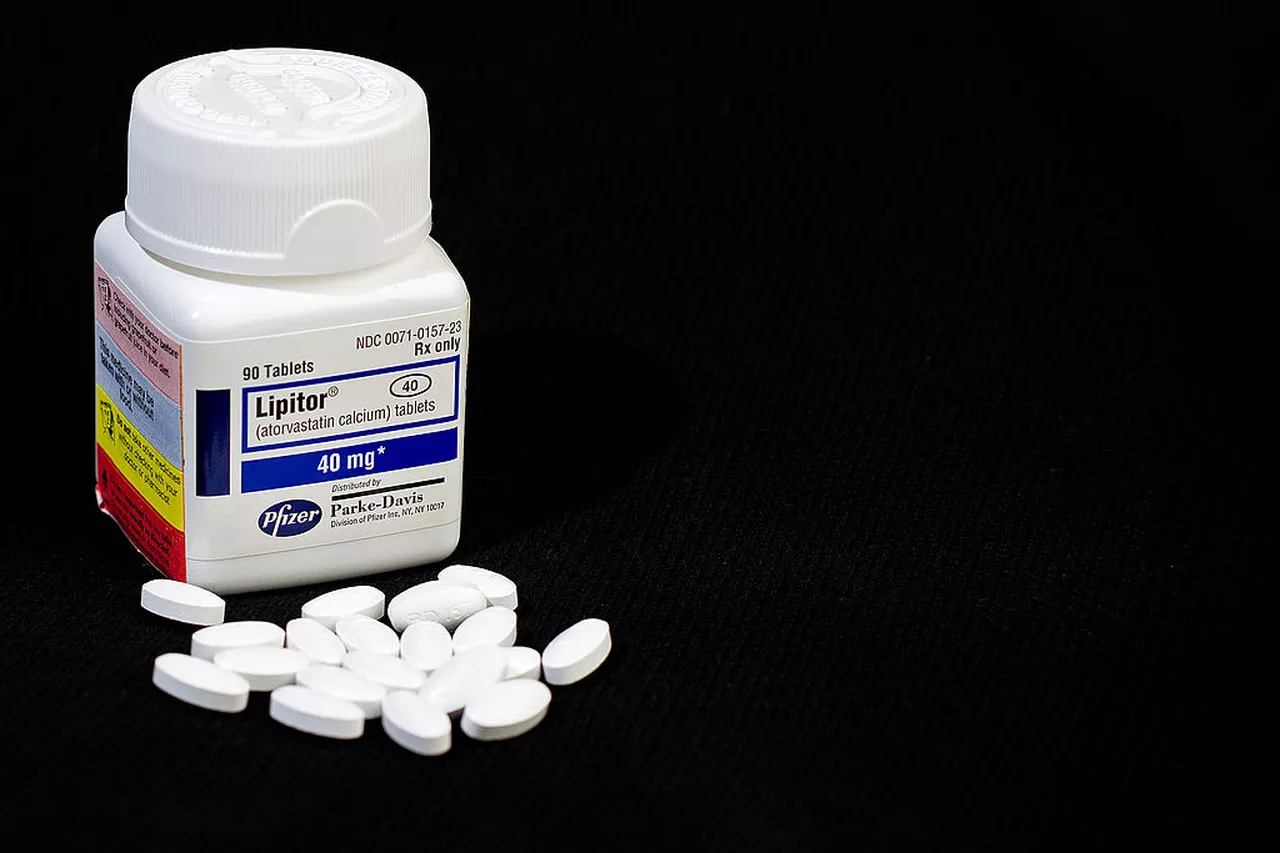In the fall of 2013, the British Medical Journal published two controversial articles about statins.
The articles relied heavily on lower-quality observational data, but they were reported in the UK media as evidence that the harms of these cholesterol-lowering drugs might outweigh their benefits in some patients.
Recently a team of researchers, led by Anthony Matthews of the London School of Hygiene and Tropical Medicine, decided to study the debacle to see how it affected people’s decisions of whether to take the drugs.
Sure enough, they found a correlation: After the media coverage, the number of existing statin users who quit their therapy temporarily increased. The really tricky question, however, is whether this was actually a bad thing for public health.
Statins are used to lower blood cholesterol and reduce the risk of cardiovascular disease in patients. They are recommended for both people at high risk of cardiovascular disease (this is called primary prevention) and those who have already experienced a cardiovascular event like a heart attack or stroke (secondary prevention).
In the study, the researchers found that people using statins for primary prevention were 11 percent more likely to stop their treatment after the media coverage of those controversial studies. People using statins for secondary prevention were 12 percent more likely to stop. This uptick appeared to be temporary, and quit rates returned back to expected levels six months later.
Overall, the researchers estimated that some 200,000 patients across the UK stopped their statin therapy in the six months following coverage. The study, of course, can’t say whether the media coverage truly caused people to stop taking the drugs — simply that the two events appear to be linked. But the research builds on the body of evidence that suggests the media can impact people’s health choices.
“Our study shows that public heath messages reported by the media do have real-world health care implications,” Matthews told me. “Scientists, medical journals, press officers, journalists — they all play a role in how research evidence is put out to the public.”
Is it really a bad thing that so many people stopped taking statins?
Now, here’s where things get a little complicated. Not everyone agrees that more people quitting statins as a result of the media coverage was necessarily a bad thing.
The new study itself seems to imply that it might have been. The decrease in statin use, the authors wrote, “could result in more than 2,000 extra cardiovascular events across the UK over a 10 year period.”
An accompanying editorial by Health News Review publisher Gary Schwitzer, however, argues that we actually don’t know that stopping statins was harmful for those people who did so — since the study didn’t directly measure that.
“Perhaps news stories inspired patients to question trade-offs in ways they never did when they started taking statins because they had not been fully informed,” Schwitzer wrote. “We know nothing about the quality of the clinical decision making encounters before the start of treatment. We know nothing about why these patients stopped.”
Severe side effects from statins are rare, but they can include muscle pain and weakness, liver damage, diabetes, and neurological problems. And the benefits of those taking statins for primary prevention can be small, said Eric Topol, a cardiologist and director of the Scripps Translational Science Institute.
“For secondary prevention, the evidence of benefit is overriding,” he explains. “[But] for primary prevention, we have too many people taking statins unnecessarily — they have a small benefit of about two per 100 people.”
“So,” he adds, “the hit of the media coverage was both good and bad, raising awareness of side effects — no less the small benefit, along with the cost — for people without clinical atherosclerotic disease, but unfortunately adversely affecting the people who really derive important benefit.”
Yale School of Medicine cardiologist Harlan Krumholz took a similar view. “We do not want people yelling ‘fire’ in a crowded theater — and bad information needs to be called out as such — but often there is controversy about studies, and it’s okay for that to be publicly aired.”
So even if the media coverage was less than ideal, at least it generated conversation at a time when the science on statins isn’t entirely straightforward.
One thing is clear: The new study adds to many others that suggest media coverage can have at least some sway over people’s health decisions. Yet health news articles that do a good job of risk communication are a rarity.
According to Schwitzer’s website, which systematically reviews the quality of health news, fewer than 40 percent of the stories analyzed over 10 years adequately addressed issues around a treatment’s harms and costs and how those weighed against the benefits. Imagine the impact of health journalism that did better than that.
Source: VOX











